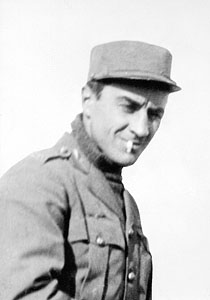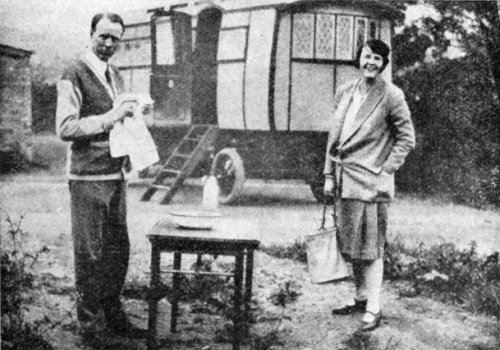“If I had no duties, and no reference to futurity, I would spend my life driving briskly in a post-chaise with a pretty woman; but she should be one who could understand me, and would add something to the conversation.” — Samuel Johnson
“I suppose that even the most pleasurable of imaginable occupations, that of batting baseballs through the windows of the RCA Building, would pall a little as the days ran on.” — James Thurber
Isaac Asimov, a claustrophile, used to envy the keepers of New York subway newsstands, “for I imagined they could board it up whenever they wanted to, put the light on, lie on a cot at the bottom, and read magazines. I used to fantasize doing so, with the warm rumble of the subway trains intermittently passing.”



